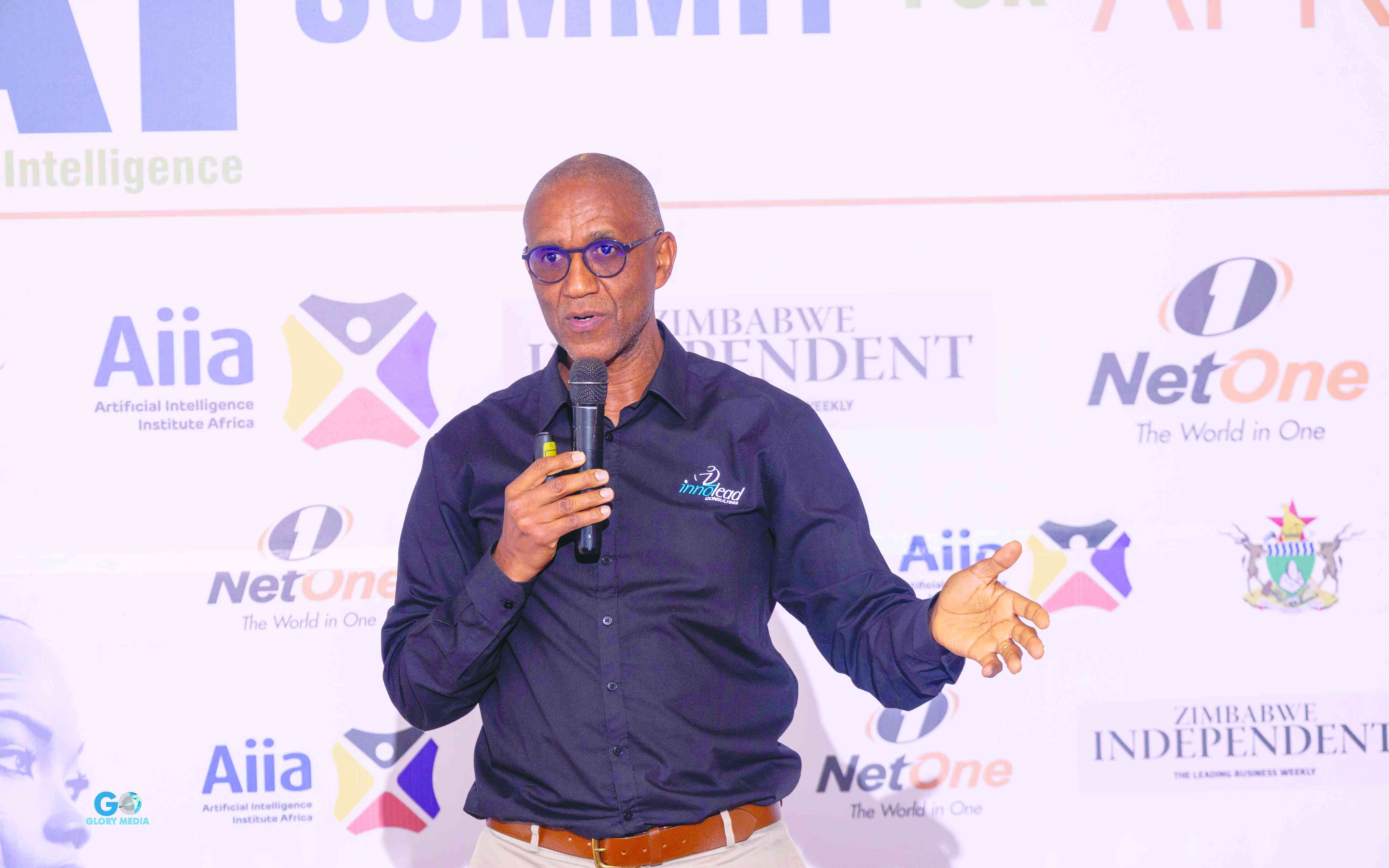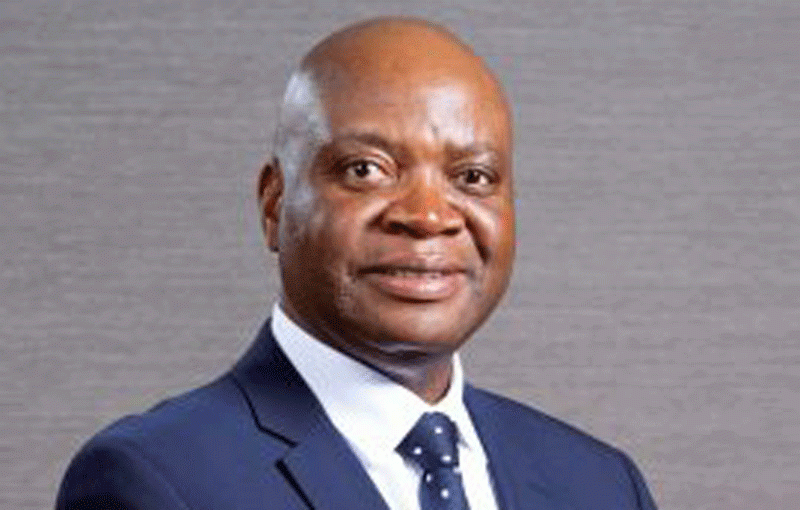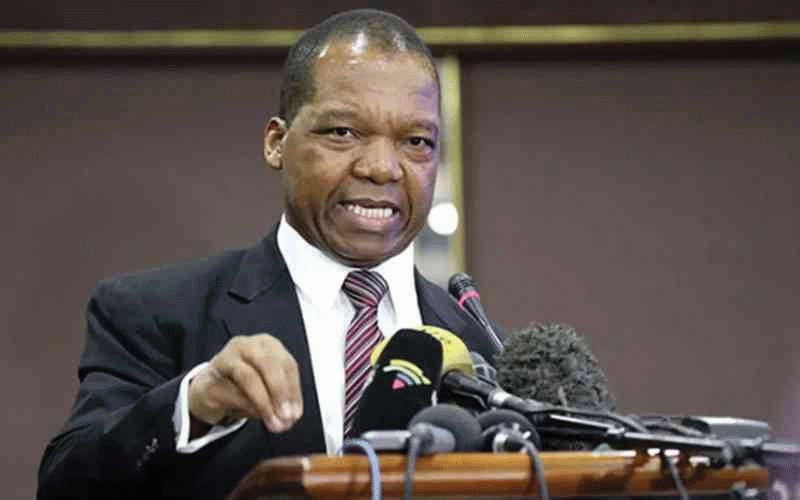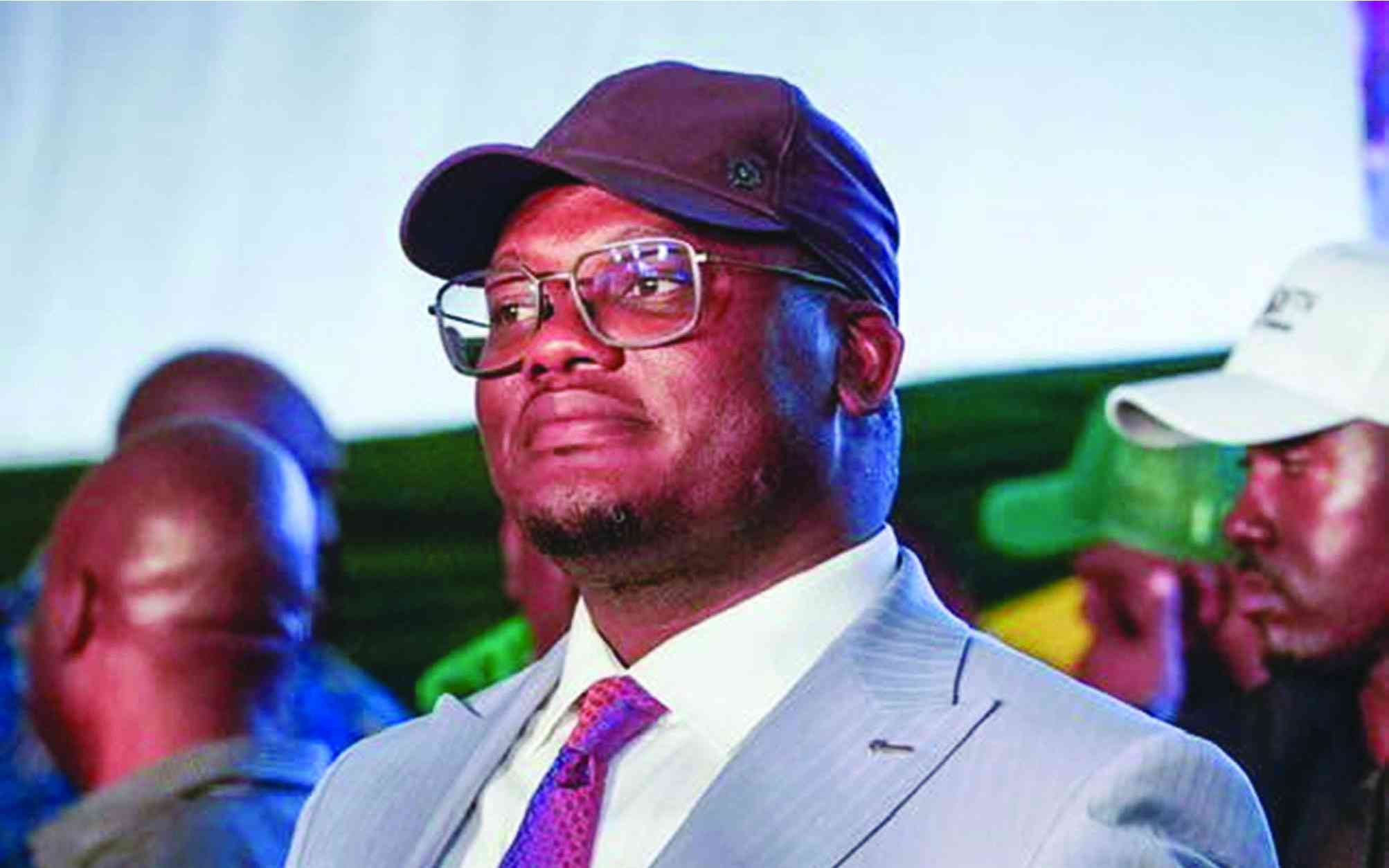
A LEADING Botswana engineer this week criticised Africa’s political leaders for failing to provide the strategic direction needed to harness artificial intelligence (AI) for economic development.
Africa continues to lag behind in technological advancement compared to other continents.
This was the central critique of Botswana-based Oabona Kgengwenyane of Innolead Consulting, who spoke at the AI Summit for Africa in Victoria Falls this week.
Kgengwenyane lamented the continent’s lack of coordinated leadership and strategic direction in science and technology.
The summit, which ran under the theme AI-Powered Transformation: Unlocking New Frontiers for Sustainable Socio-Economic Growth, was organised by the leading business weekly, the Zimbabwe Independent, in partnership with the Artificial Intelligence Institute of Africa.
“Africa has a leadership problem and needs to find itself. It needs to invest more on AI systems,” the engineer said.
“Currently, we do not have leadership in Africa to leverage the AI revolution for growth.”
A United Nations Conference on Trade and Development (UNCTAD) report has projected that the global AI market will soar from US$189 billion in 2023 to US$4,8 trillion by 2033 — a 25-fold increase in just a decade.
- Open letter to President Mnangagwa
- Feature: ‘It’s worse right now than under Mugabe’: Sikhala pays the price of opposition in solitary cell
- Masvingo turns down fire tender deal
- Human-wildlife conflict drive African wild dogs to extinction
Keep Reading
By then, AI is projected to quadruple its share of the global frontier technology market, rising from 7% to 29% and emerging as the sector’s dominant force.
Despite this massive projected growth, Africa risks being merely a spectator.
According to UNCTAD, in 2022, just 100 companies — primarily in the United States and China — accounted for 40% of global AI research and development.
Combined, the two nations hold 60% of all AI patents and produce a third of global AI publications. In light of this disparity, Kgengwenyane argued that African leaders must move beyond rhetoric and finally “walk the talk” on their stated commitments to science and technology advancement.
“Africa, particularly the southern part, lacks coordinated leadership. While presidents increasingly mention technology and innovation, actual long-term and strategic, hands-on direction are often missing,” he said.
He urged African leaders to draw lessons from the Asian model, which is being used by South Korea, Singapore, Taiwan among other countries.
“Taking a look from other nations, they have initiated deep commitment from the top. Presidents and prime ministers have made science and technology a primary national goal, not just one of the many priorities,” he noted.
“They have made huge investments in STEM fields, technical universities and national labs. They also have a seamless technology transfer with policies for importing, adapting and building upon foreign tech rapidly.”
Officially opening the summit, ICT minister Tatenda Mavetera called on Africans to adopt AI systems.
“AI will not take Africa’s jobs. It will create Africa’s opportunities,” she said.
“Our goal is not just digital transformation, but digital sovereignty. This is the Africa we are building — an Africa of unity, dignity, and shared prosperity.”
Dennis Magaya, chairperson of the AI Summit for Africa, noted massive opportunities for income growth when nations adopt AI systems.
“The landscape of AI is changing rapidly, with massive investments being made. Investments surpassed US$200 billion in 2024,” Magaya said.
“AI does not evolve against humanity, but in fact amplifies humanity.”











